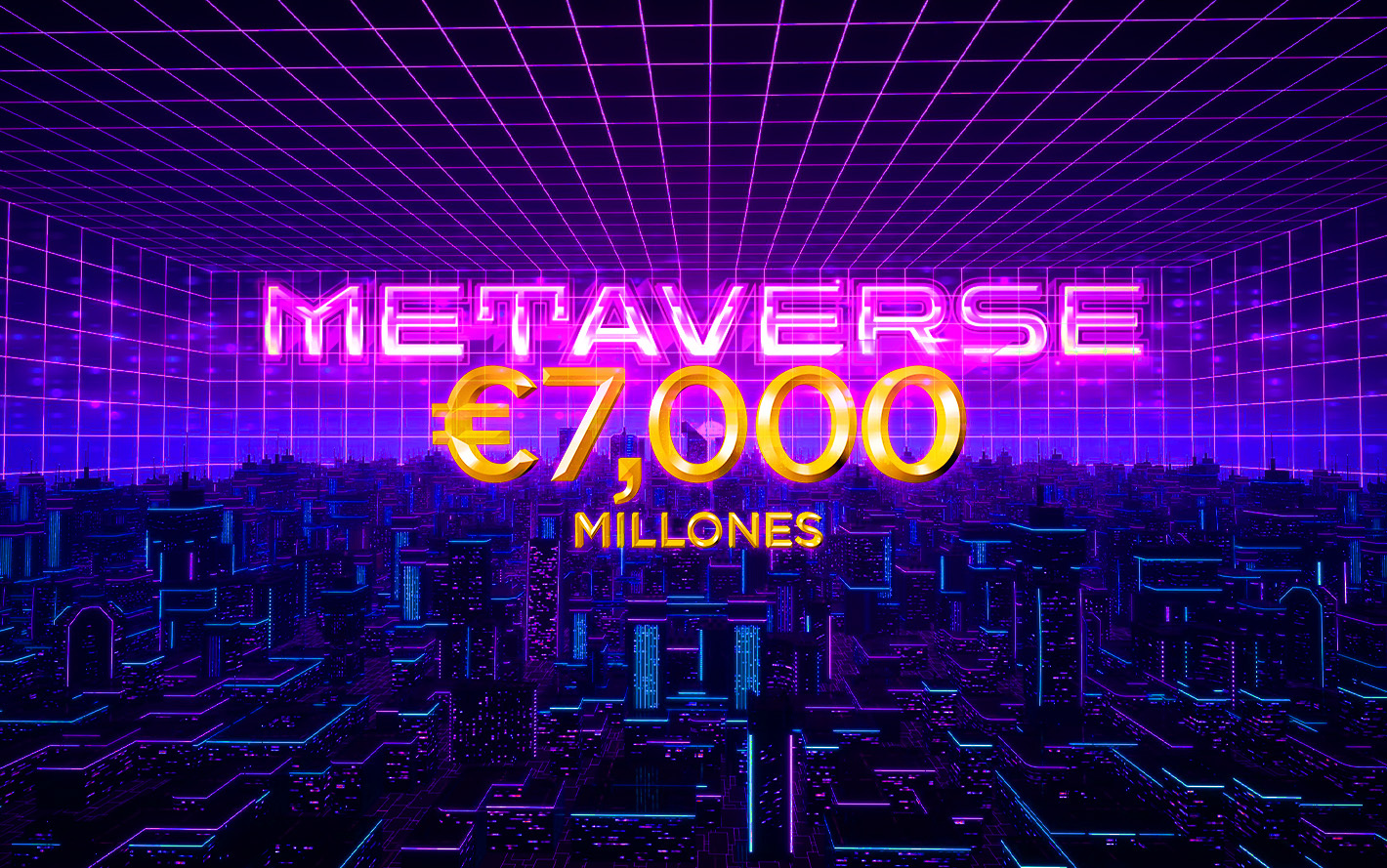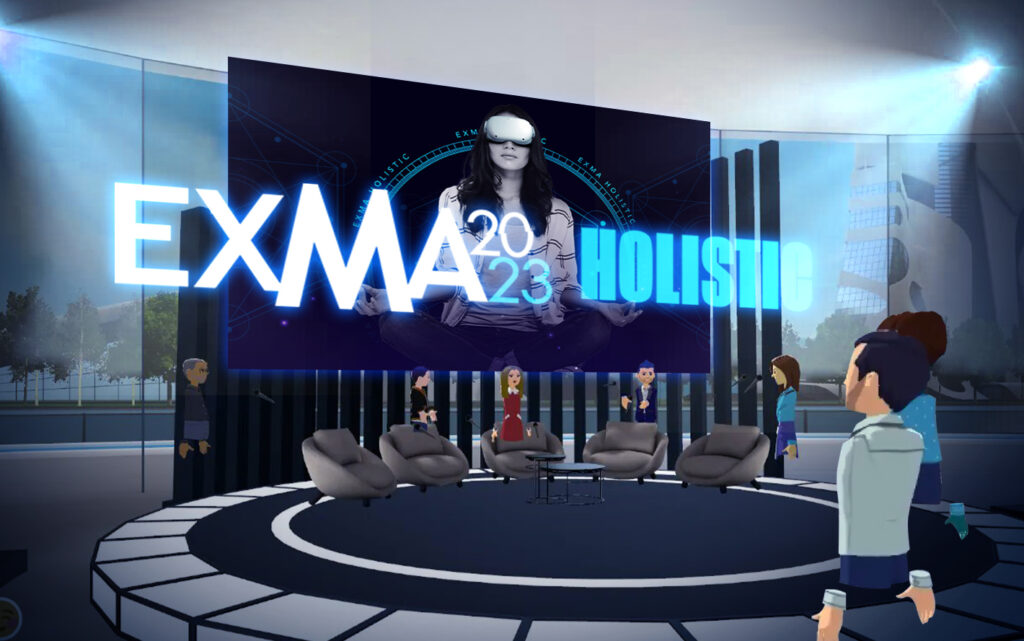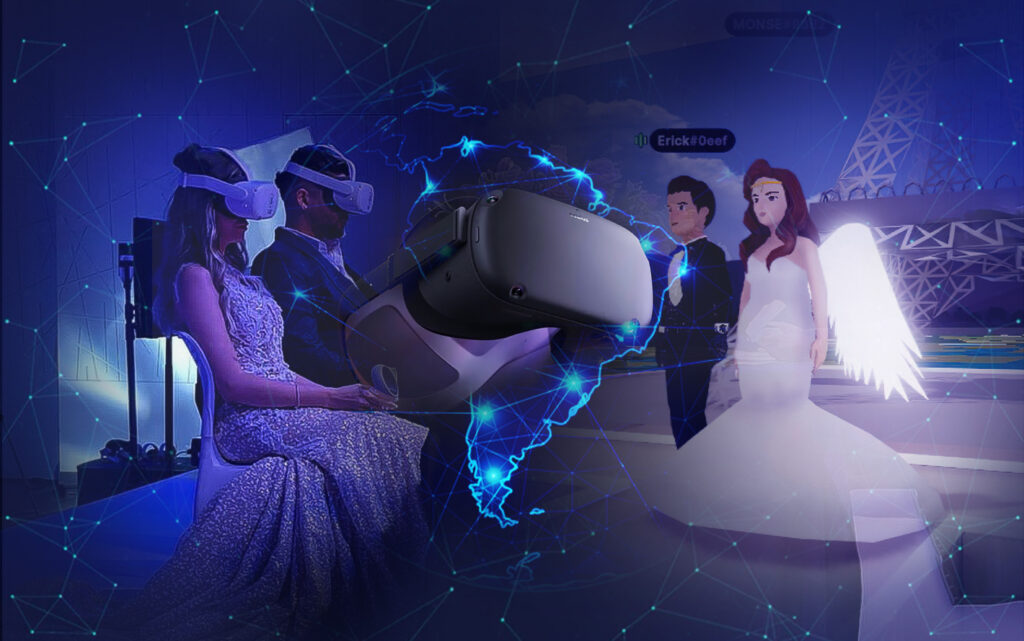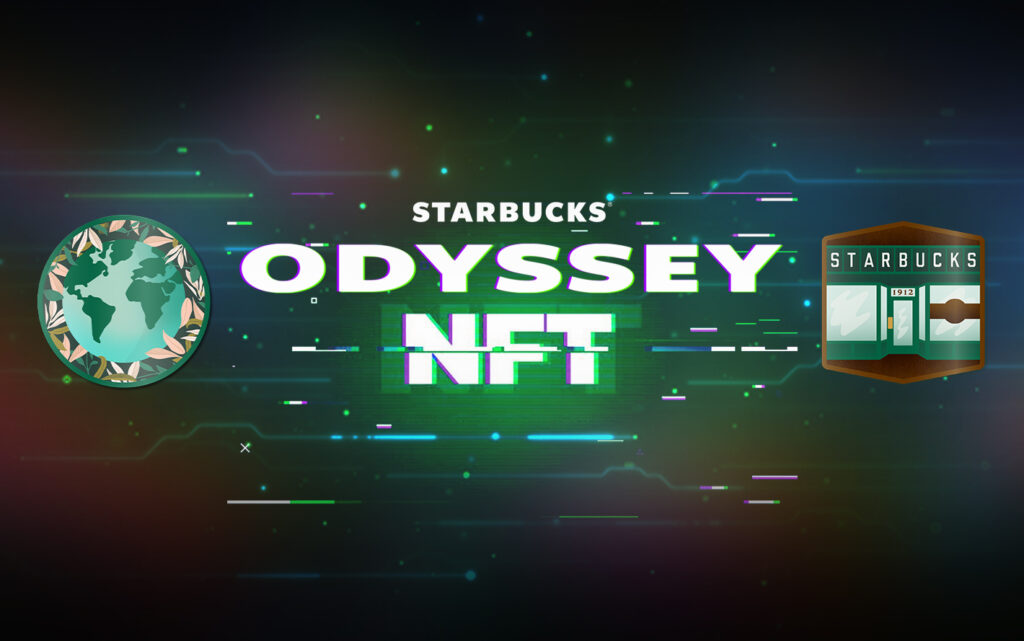During the Web Summit, SIEMENS’ chief technology and strategy officer, Peter Koerte, highlighted the potential of the metaverse as an innovation industry by optimizing and increasing the productivity of projects by up to 20%.
The German technology development company pointed out that the metaverse, also known as the “digital twin,” enables the functional recreation of industrial processes in an environment that allows the anticipation of failures, behavior or success of projects in the real world.
Today, the metaverse is valued at €7 billion and is projected to reach €125 by 2030.
A projection supported by the collaboration of SIEMENS and NVIDIA, through Xcelerator, a platform where both brands share resources so that different companies can learn about the advantages of the mataverse.
In the automotive industry the metaverse makes it possible to visualize the operation of vehicles, or their possible failures, even before they are built. In addition, NASA has also begun to use this technology to predict the atmospheric conditions on Mars, before sending the Robe.
Siemens is already considering the use of this technology for complex engineering projects, such as the design of intelligent buildings, aircraft or railroads.
However, this technology is still undergoing rigorous testing and development, but over time it’s expected to increase the number of industries that are committed to it.












